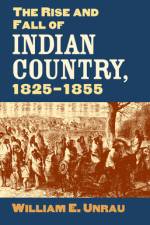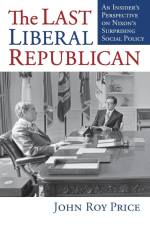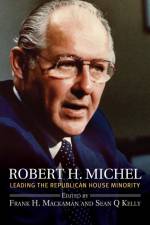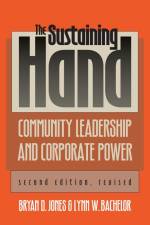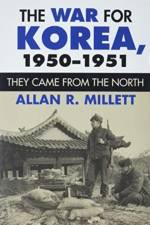von Bryan D. Jones
36,00 €
As the recent shake-up at GM underscores, the new global economy has widened the cracks and stresses in the American auto industry. But, as this new edition of the highly regarded Sustaining Hand reminds us, the auto industry remains a central if volatile player in American urban politics. In this significantly revised update, Bryan Jones and Lynn Bachelor have extended and refined their analysis of Detroit-area automakers and political leaders negotiating the selection of new factory sites (and thus the addition of thousands of jobs to the local economy). Their thorough revision develops a crucial new concept--solution sets--updates all plant location decisions reported in the first edition, and adds an instructive new case study--the Chrysler Jefferson Avenue plant in Detroit. This book seeks to uncover the linkages between business leaders(motivated by profit) and political decision makers (motivated by electoral gain) by examining the responses of public officials in three Michigan "auto cities"--Detroit, Flint, and Pontiac--to plant-location choices made by General Motors and Chrysler. Throughout, the authors focus on three issues-the relationship between the local industrial economy and the local political system, the structure of urban politics, and the degree of independence of political decision makers in urban affairs. As Jones and Bachelor show, urban regimes, in their efforts to shore up sagging economies, develop characteristic solution-sets that are applied almost routinely to superficially similar situations. In fact, they contend, it's rare for a regime to start with a problem and search for a policy solution. Instead, through a pattern of interactions among politicians, business executives, labor unions, and other interested parties, a "package" of problem-definitions and preferred solutions emerges. But if applied indiscriminately, these solutions can become dysfunctional, which in turn may attract new participants to the policy process and ultimately alter the regime's character.


